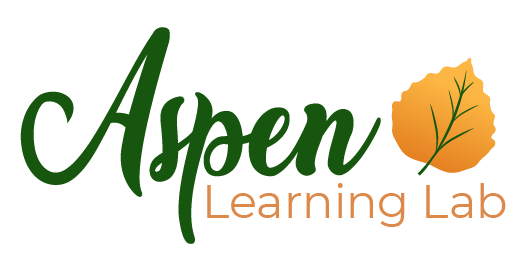How does Project Based Learning (PBL) benefit my child?
by Aspen Learning Lab
Project-Based Learning (PBL) is a student-centered approach that engages students by using real-world challenges and scenarios as a curricular guide. At Aspen Learning Lab, our Project Based Learning units are all completely customized and developed from topics that will engage and inspire your learners. Projects will typically begin with a challenge or question that students spend anywhere from a few weeks to an entire semester exploring and working to address. Aspen’s approach to PBL also helps students develop 21st Century Skills such as critical thinking, self-management, problem-solving, and in small-group settings, collaboration and teamwork skills.
So why is Project Based Learning so effective?
In a traditional classroom, most instruction is guided by a teacher who will deliver a lesson, and followed up with independent student work time. For some students, this model can be effective. However, for the vast majority of students, this model lacks engagement and can occasionally result in students feeling disconnected from school and learning. A PBL-based classroom may incorporate some direct instruction, but the majority of learning is student-initiated. In group settings, PBL also requires students to collaborate effectively, which in our rapidly changing world, is increasingly one of the most important skills young people must learn.
Cathy N. Davidson, founding director of the Futures Initiative and professor in the doctoral program in English at CUNYwrote about Google’s famous findings around the importance of soft skills in their team settings.
“Google’s studies concur with others trying to understand the secret of a great future employee. A recent survey of 260 employers by the nonprofit National Association of Colleges and Employers, which includes both small firms and behemoths like Chevron and IBM, also ranks communication skills in the top three most-sought after qualities by job recruiters. They prize both an ability to communicate with one’s workers and an aptitude for conveying the company’s product and mission outside the organization.”
PBL brings in the best of both of these approaches; built on a foundation of highly engaging and student-directed projects, students work together to solve real-world problems, practicing collaboration, communication, empathy, and iterative thinking all the while. So whether students are tasked with developing a business plan for a local clothing store, designing an app, planning an edible garden, or rethinking democracy, PBL is an inspiring way to develop academic and 21st century skills while fostering a lifelong love of learning!
